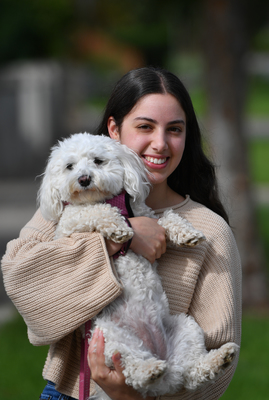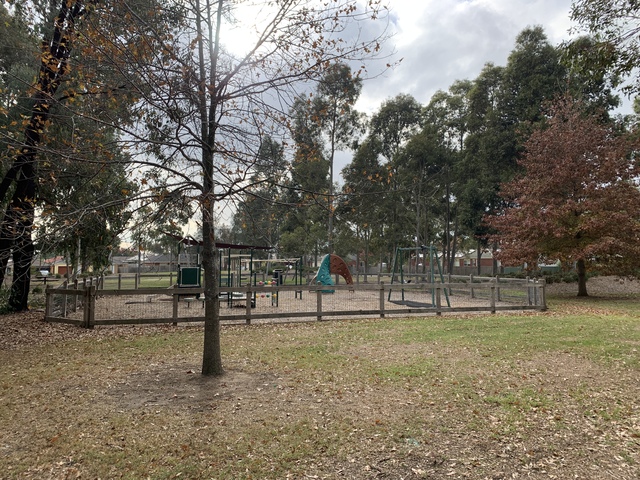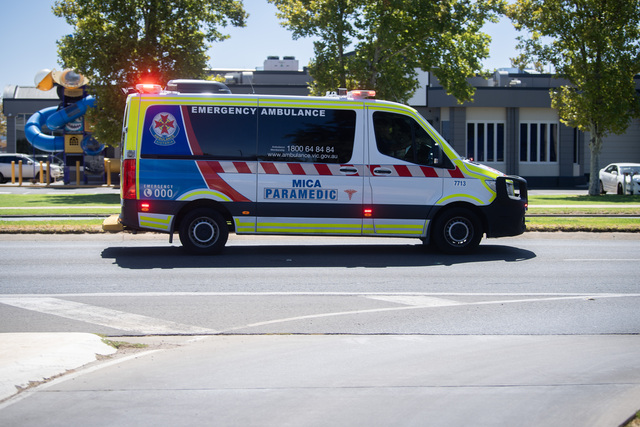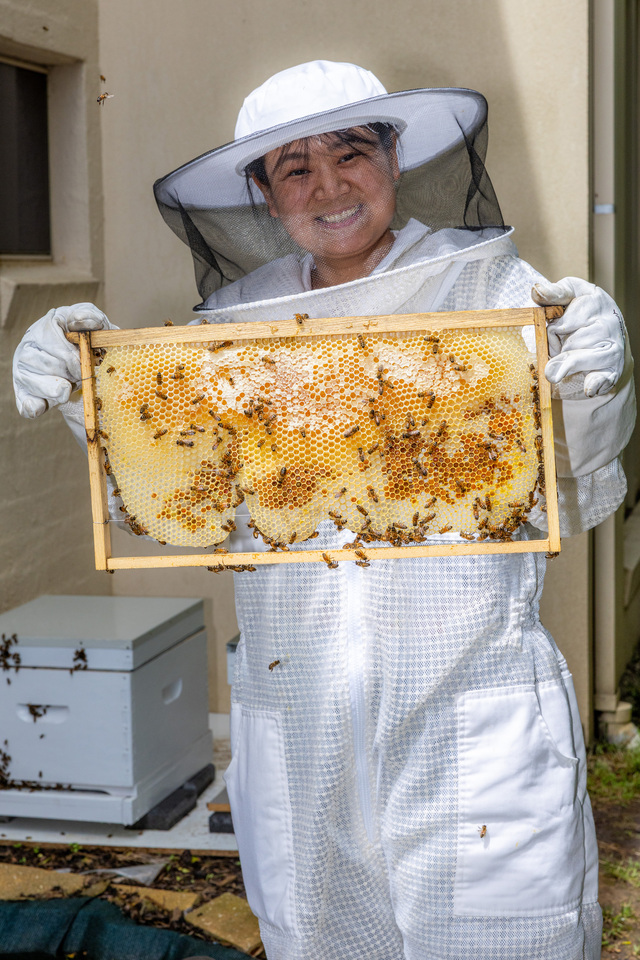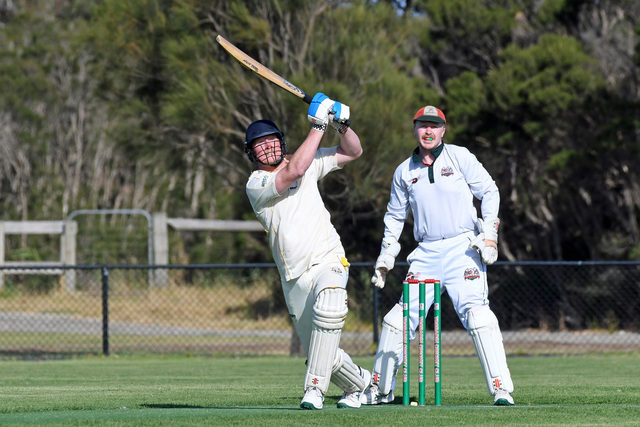With the ongoing Coronavirus crisis causing panic and confusion, Australia’s Animal Emergency Service (AES) has confirmed that pets cannot be infected with the disease.
“According to the World Health Organization, there is currently no evidence companion animals or pets, such as cats and dogs, can spread the virus that causes Covid-19,” the AES states on its website.
“Further, there is no evidence cats or dogs can be a source of COVID-19 infection to people.”
However, pet owners are becoming increasingly concerned about what they should do in a pet emergency if there is a lockdown in Australia.
The AES, which operates four emergency pet hospitals in Queensland, shares their best tips for being prepared for the worst in amongst these hard times with the following emergency kit:
Food and water
Medications and basic pet first aid kit
Toileting items such as litter, rubbish bags and disinfectant
Bedding and toys
Grooming equipment
Transportation equipment (pet carrier, lead, harness)
Pet registrations and vaccination certificates
Current photo for identification
Make sure your pet is wearing ID with up-to-date details
Details of local vets, animal hospitals, RSPCA, and pet shelters
Along with the details of local vets, ensure to do a ‘dry run’ to your closest after-hours emergency hospital so that you know the way (as long as you are not under quarantine conditions). This will help to relieve your stress in the unlikely event that you need to drive to the emergency hospital.
Have a plan for who will look after your pet if you become ill. Choose a family member or friend (who is known to the pet if possible), connect with your neighbours.
Write down what your pet eats, how much, and any medications and leave this in a safe place in case someone else needs to look after your pet.
Ask your local vet and emergency hospital if they have changed their normal business practices due to COVID-19 – check their website and social media channels for details and be sure to like their pages to see updates.
Refrain from sharing food, hugging and kissing your pet, and wash your hands before and after contact.
While advice is to limit contact with your pets during this time, don’t forget to give them some attention! Playing low-risk, non-contact activities is essential: play tug of war, go for a run/walk, binge watch Netflix, and don’t forget to talk to them!

